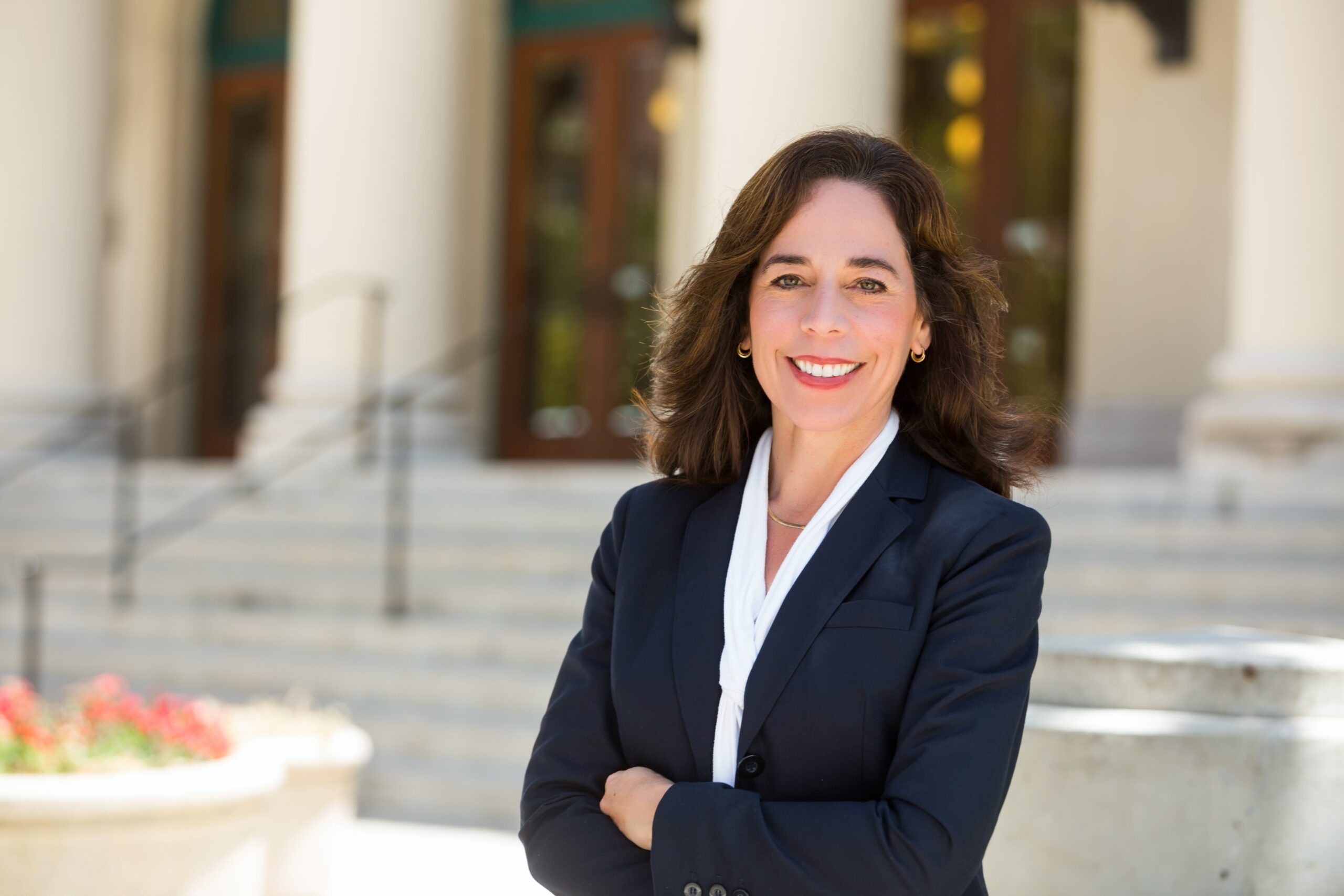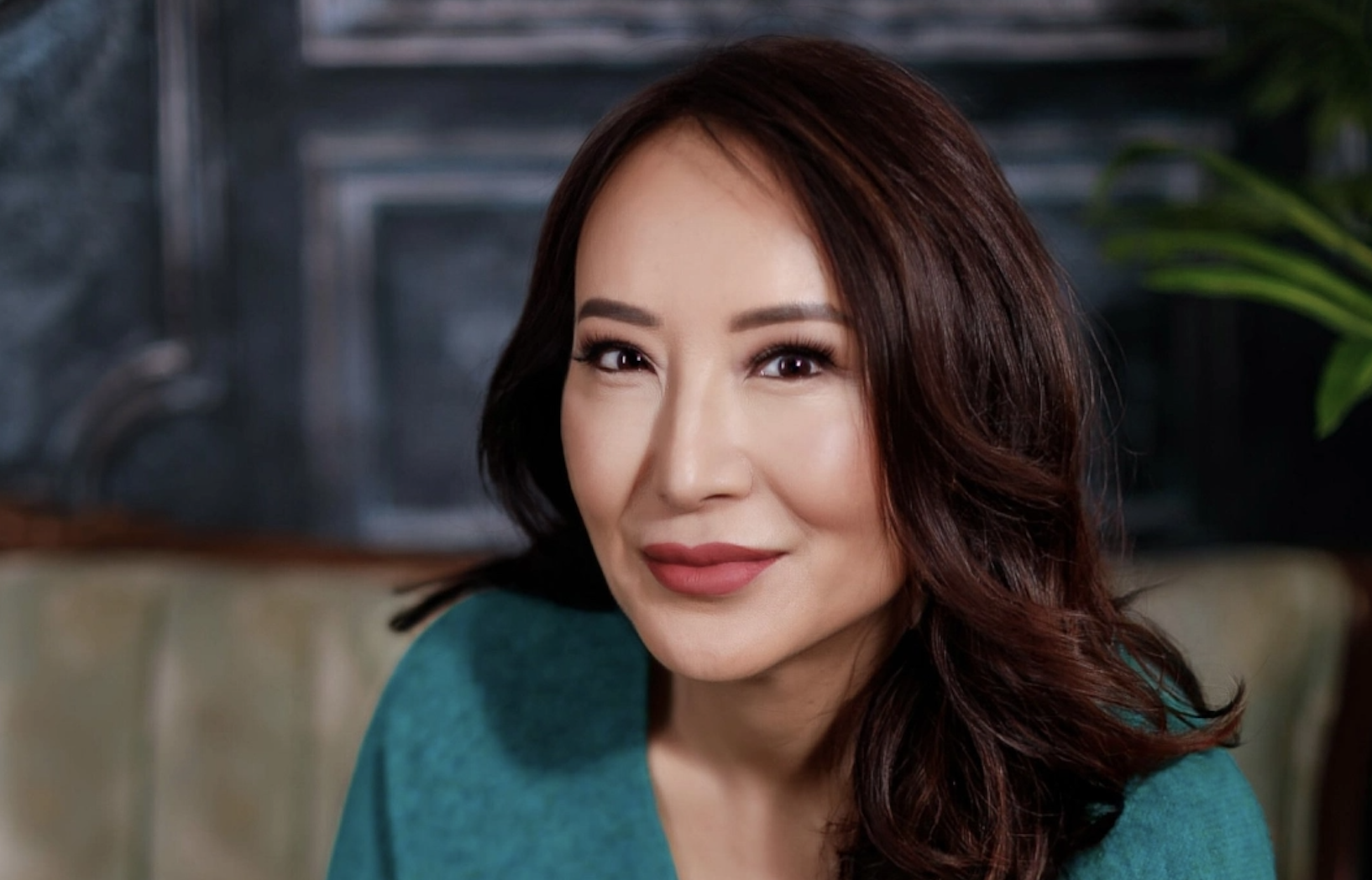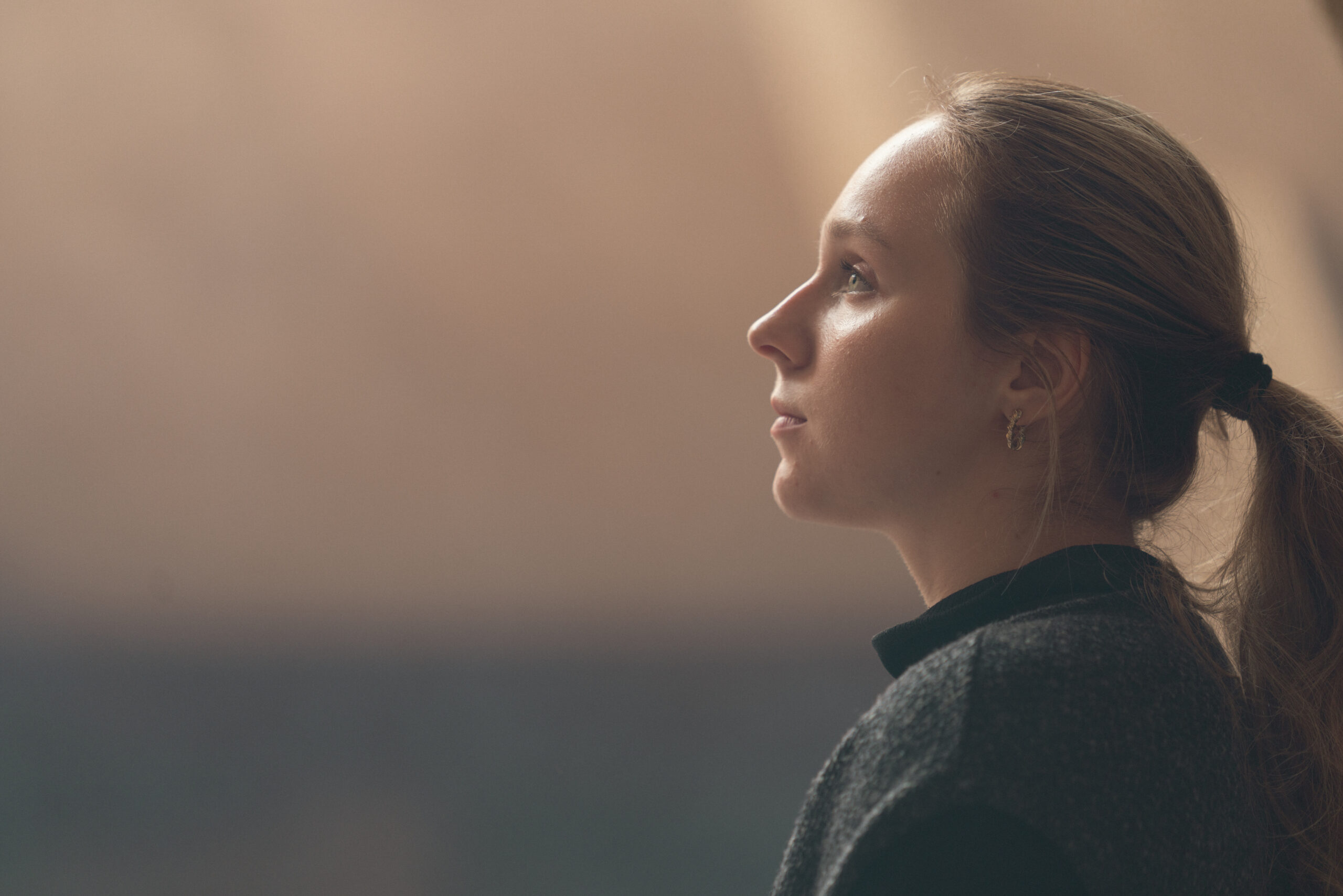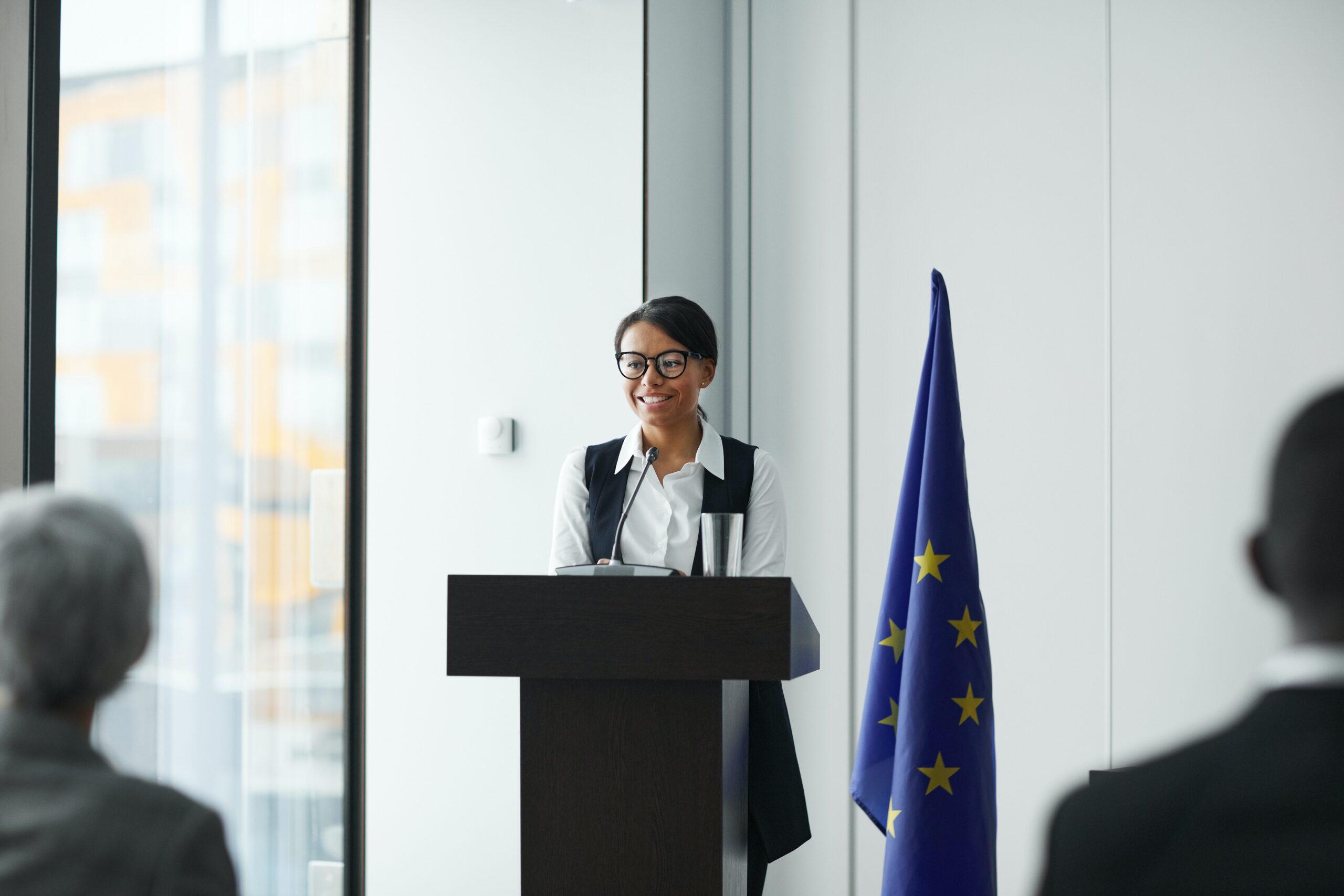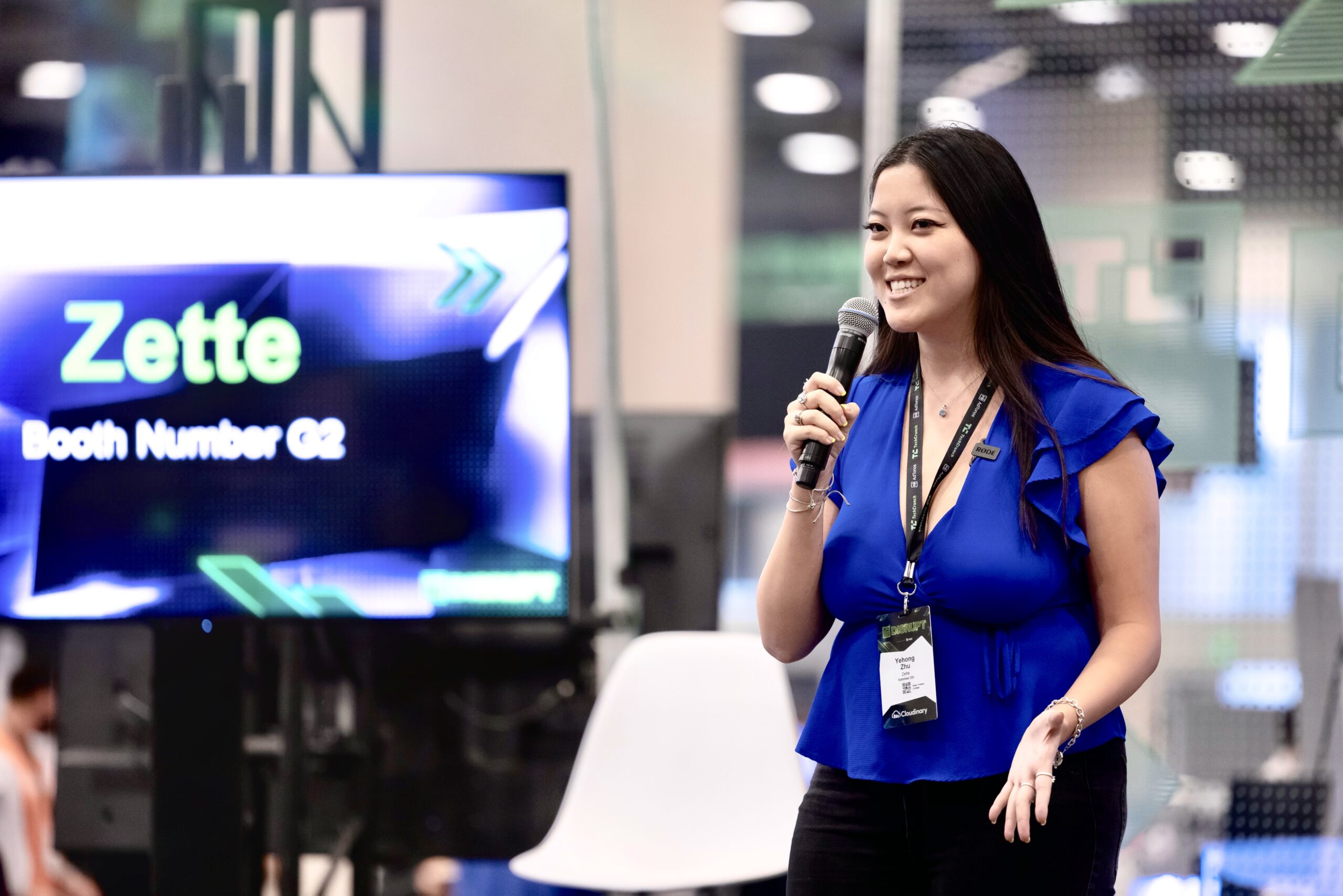
A new empowerment initiative in Pakistan is set to help women and children escape a life of poverty and create role models to inspire them to know what they are capable of when given financial freedom.
Adopting a peer-to-peer strategy, the Benazir Income Support Program wants to encourage business women from Turkey to act as role models to help Pakistani women create their own financial means.
The BISP, named after the iconic revolutionary former Pakistani Prime Minister Benazir Bhutto who was assassinated in 2007, was established in 2008 with an aim to support the United Nation’s Millennium Development Goals created to eradicate extreme and chronic poverty, to empower of women, and to achieve universal primary education.
To date it has approx 5 million beneficiaries, and the organization is now the largest single social safety net program in Pakistan’s history. They created a scorecard test in 2010 to identify eligible households which are then given a Benazir Debit Card in order to access financial aid.
But the org. wants to go one step further, and help women understand the fundamentals to being their own source of economic empowerment, with the help of Turkish women.
Why Turkey? Marvi Memon, who is the Chairwoman of the BISP as well as a businesswoman and politician for the Pakistan Muslim League, recently attended a summit on poverty reduction and violence against women in Istanbul, she discovered unique ways that this country to help her fellow countrywomen. Industries such as art and medicine were found to be areas with Turkish female role models present, but also textiles, one of Pakistan’s major exports to Turkey, was an obvious choice where designers from both countries could collaborate and utilize the skills of vulnerable women in Pakistan.

“It‘s a ‘sisters in success’ concept. Women who are leaders, women who are entrepreneurs should be used as role models for the most vulnerable women in our countries. I am looking for collaborating with Turkish role models who can both inspire our women and invest in them,” she told the Pakistan Observer in December.
Since its inception, BISP has become a unique opportunity for empowerment in Pakistan, engaging in poverty management and alleviation by finding means to help women become self-sufficient in order to escape the cycle of poverty. They have also been aided by the growing Pakistani economy, coupled with government focus on changing the status of women and children in conjunction with BISP.
Economic growth, putting an end to extremism, securing the energy supply and establishing a full-scale social safety net is the four-fold program the Pakistani government, led by Prime Minister Nawaz Sharif, is implementing.
Marvi Memon says the program is now counted among five top social safety nets in the world because of how it enables the funds to get to women. They are given a special ID card which eliminates the bank (which can be a full day’s journey away for women in rural areas) and also which also gives them voting rights.
“We are the only ones in the country who have the national electronic registry, linked to the ID card database, which makes us unique in the world as well,” explained Marvi.
By targeting women and encouraging them in the business field, they are also helping them change the lives of their children, making it a two-pronged approach to poverty alleviation. With the money they are given by the program, they can feed their children and ensure they have access to education. The mothers use the money to set up small business enterprises for themselves which can have a wide-reaching effect in their community.

“If a woman gets a loan, she can buy some sewing machines and then give jobs to other women. Women can also buy livestock, agricultural assets like that. So they can exit poverty,” said Marvi.
Ensuring children have access to education is a crucial aspect of escaping a life of poverty, but it can be tough and extremely dangerous in some cases. We are all familiar with Pakistani activist Malala Yousafzai’s struggle to obtain the right to an education, after she was shot in the head by the Taliban in her home town of Swat Valley a few years ago. While she has gone on to become an international symbol of empowerment for the girl child in the developing world, there are many who do not have kind of opportunities as her.
A 2013 UNESCO report states that Pakistan has 3 million girls out of school. This disadvantage has a direct affect on a young woman’s health, her decision to marry, have children, and most notably, her income potential. In Pakistan, women with a primary education earn 51% what men earn. With a secondary education, they earn 70% what men earn. Already Pakistani women are at a grave disadvantage from birth when they are born into poverty, and while access to education is not always a reality for some (Pakistan is ranked in the bottom 10 countries for female education) an initiative like BISP’s cooperation with the Pakistani government as well as Turkish businesswomen can help change the financial status of women and mothers.
“The Pakistani people see the Turkish people as brothers and sisters. We should employ a people-to-people strategy to connect with the people and government of Turkey. There is no better way to reach the hearts of the Pakistani people,” said Marvi Memon.












